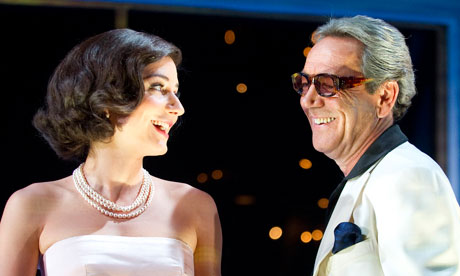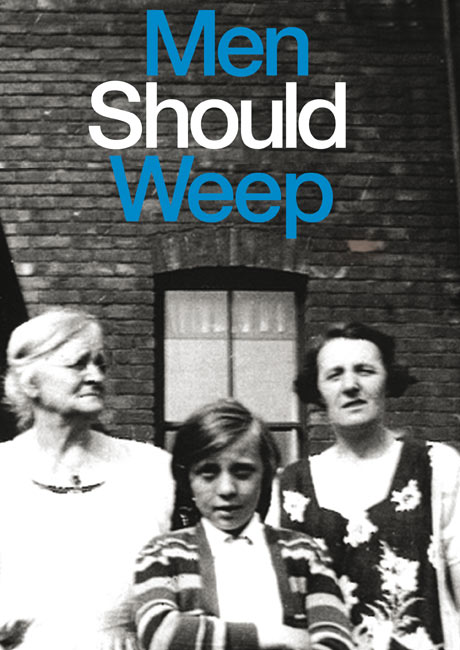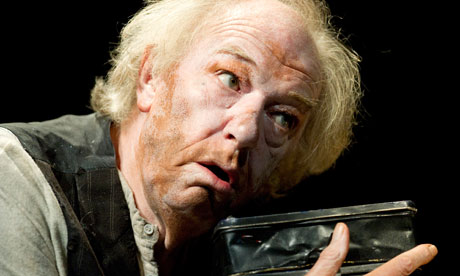I haven't been to cinema for ages, so it was great to watch a movie on a big screen last week, not on our tiny TV. Mike Leigh is one of my favourite directors and his latest feature Another Year has all his trademark attributes. At the centre of the story is Tom and Gerri, a content family of a geologist and councillor living in London suburb and spending weekends in their allotment. Actually, their life seems so idyllic, that it is unreal. Throughout the year various relatives and friends visit their house and most of their lives are grim – much unhappiness, loneliness and overeating. However, for me the friends seemed realistic and human, whereas Tom and Gerry's life was too ordered. The repeated visitor is Gerri's collogue Mary. In her fifties and single, she is putting a brave face and also smiling, but we see that in her friend's home she finds desperately needed company and warmth. The characters are at times too stereotyped and the pace could be slow. It is not the greatest of Leigh's films, but nevertheless, enjoyable.
Treasures from Budapest at the Royal Academy contains some true jewels from the Hungary's Museum of Fine Arts. When one thinks about cities with immense art collection, Paris, Viena and Berlin come to mind, not the smaller states in Central Europe. How surprising to discover that Budapest has a museum to compete on global art tourism market. The collection was started by Esterhazys dynasty, whose members collected art through centuries and donated it to the nation. In London exhibition we are invited to the tour from 14C religious art to 21C modernists. Raphael's icons, da Vinci drawings, Rembrandt's portraits, impressionists and many unseen paintings by Hungarian artists – they all here. How much more treasures were left in Budapest?


















